A few weeks ago, a recommended tweet caught my attention, and it caused me to think about the rewards and challenges of being a special educator.
“Today was a rough one. I wish all people valued #SPED and SPED teachers,” read the tweet, which had 247 likes and 80 comments at the time I saw and shared it.
Today was a rough one. I wish all people valued #SPED and SPED teachers.
Some days I want to just throw in the towel and go to business school. 💯
— Kelly Ann (@inner_moonlight) September 5, 2019
This special educator’s tweet echoed a message I’ve heard repeatedly as an educator and teacher educator. Students preparing to become special educators express this wish. Special educators completing graduate studies express it, too. And so do my colleagues, who might have sent the same tweet back when they were K-12 special educators (if Twitter had existed) and now teach teachers alongside me.
As a K-8 general educator, I’ve always admired the unique perspectives, knowledge, and skills of my special education colleagues. They support students in different ways than I can while helping me better understand how I can attend to students with different abilities. At the same time, I have always been aware that too often they provide support without being supported in return.
Over the years, I’ve come to realize that every teacher needs the basic “toolbox” of a special educator. Learning how to use these tools to create more opportunities for students is something every teacher should continuously work on.
What Special Education Skills Can Teachers Learn from Special Educators?
- Every teacher needs to know how to make accommodations and modifications to their environment, materials and activities.
- Every teacher needs to advocate for the needs of all their students and their families, regardless of individual differences. And everyone can advocate for students and special education programs that support them.
- Every teacher needs to know how to co-teach by working in unison with special educators and sharing joint responsibility for students as well as co-ownership of classroom decisions and spaces.
Not every teacher should be a special educator. It is important to recognize that different teachers’ areas of expertise complement one another. While I care deeply about my students, I have always needed a “whole-class” toolbox because my room was filled with as many as 32 fifth graders.
In comparison, my special education skills tools from colleagues uniquely help them focus on individual students.
Below are three examples that my colleagues at Elmhurst University have shared about the essential skills special educators possess.
Changing Classrooms to Fit Student Needs
Special educators have an intense desire to make curriculum accessible for all students, explains Dr. Lisa Burke—“for students who are nonverbal, have severe behavioral challenges, or are non-readers.” They do not allow grade or age level expectations to become barriers to charting and supporting each student’s learning.
In other words, they change the classroom to fit the student—not the student to fit the classroom.
Teaching as Problem Solving
Special educators focus on how they can change to help students and their families.
My colleague Dr. Linda Dauksas says that they develop the ability to see strengths in every student and family. She also believes that special educators are exceptional problem-solvers who learn as they teach.
“We don’t even know which problems we will be expected to solve, yet we need to maintain a willingness to problem solve as we teach and support our students,” she says.
Supporting Students Socially and Emotionally
One of the most important tools I’ve acquired was from a special educator who completed her master’s degree at Elmhurst University.
Lauren Caputo focused her master’s thesis on how to create classroom environments in which all students experience genuine friendships. Her work has inspired me to see that a special educator’s toolbox is so diverse that it can build a network of support for the whole student—in every space within a school as well as in their lives outside of school.
Lauren wrote about her project and shared her “tools” in ASCD’s Express e-newsletter.
I’ve been fortunate to work with remarkable special educators in teams of creative, smart, and dedicated professionals. So whatever professional place you are building, be sure to borrow some tools from the special educator’s toolbox. Better yet, become a special educator and build a career in education.
And if you’re working on a team with a special educator, don’t forget to give that colleague some support.
Additional Learning Resources
- Accommodations and modifications: The IRIS Center at Vanderbilt University explains what to do in this instructional module.
- Advocacy: Visit The Council for Exceptional Children’s legislative action center.
- Co-teaching: The Cult of Pedagogy Blog has more.
Learn more about Elmhurst University
Develop your teaching skills at Elmhurst University, which offers an M.S.Ed. in Special Education. Use the form below to let us know you are interested!
About the Author
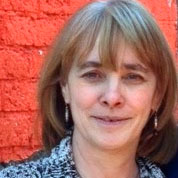 Deb Meyer is a professor of education at Elmhurst University and a former classroom teacher in Mesa, Arizona. She teaches undergraduate courses to prospective teachers in educational psychology and upper elementary/middle school literacy methods and graduate courses in teacher leadership.
Deb Meyer is a professor of education at Elmhurst University and a former classroom teacher in Mesa, Arizona. She teaches undergraduate courses to prospective teachers in educational psychology and upper elementary/middle school literacy methods and graduate courses in teacher leadership.
Illustration by Josie Portillo
Posted Oct. 22, 2019
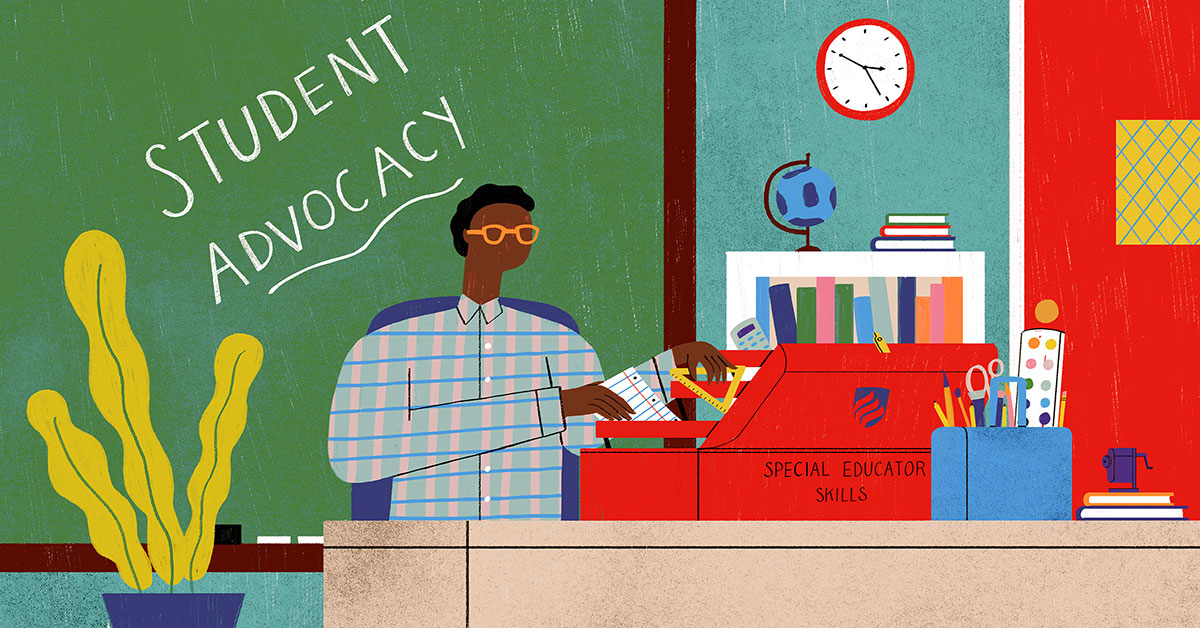

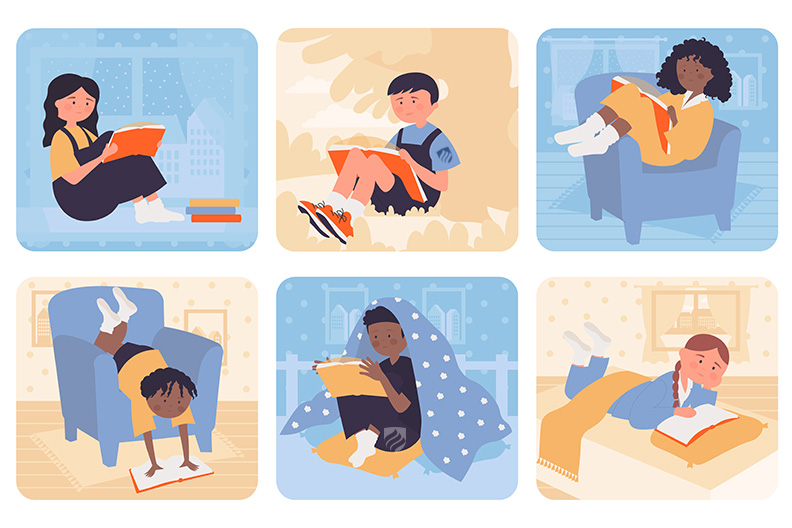
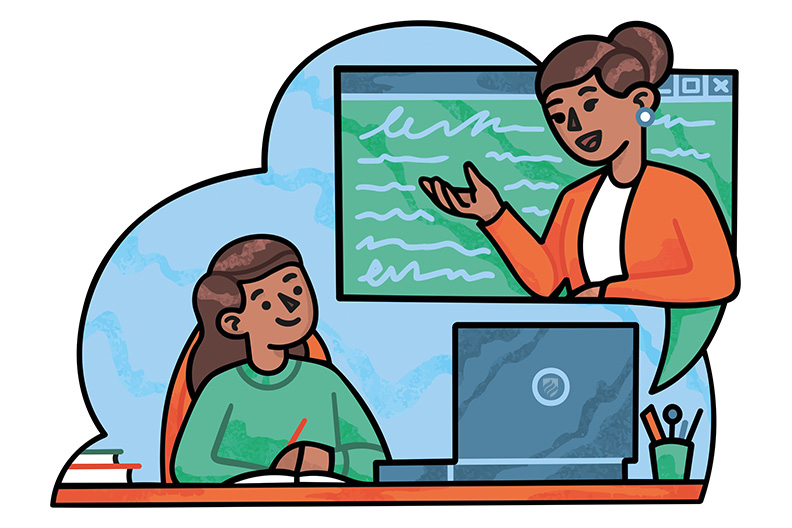
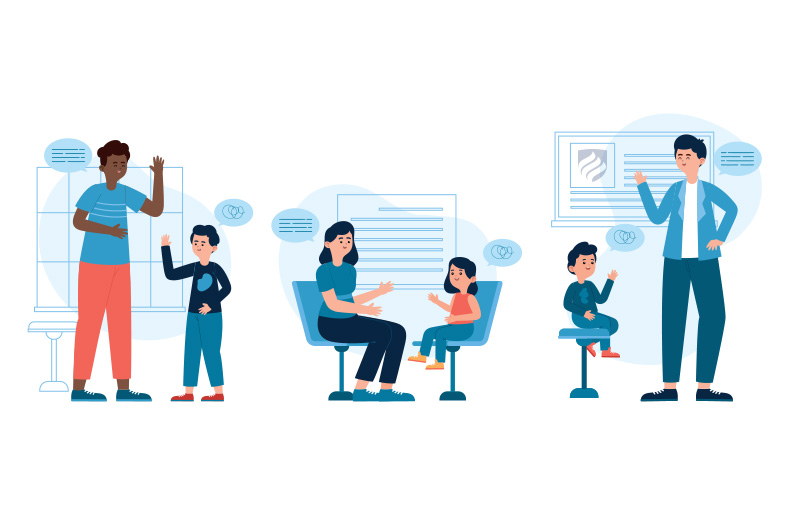
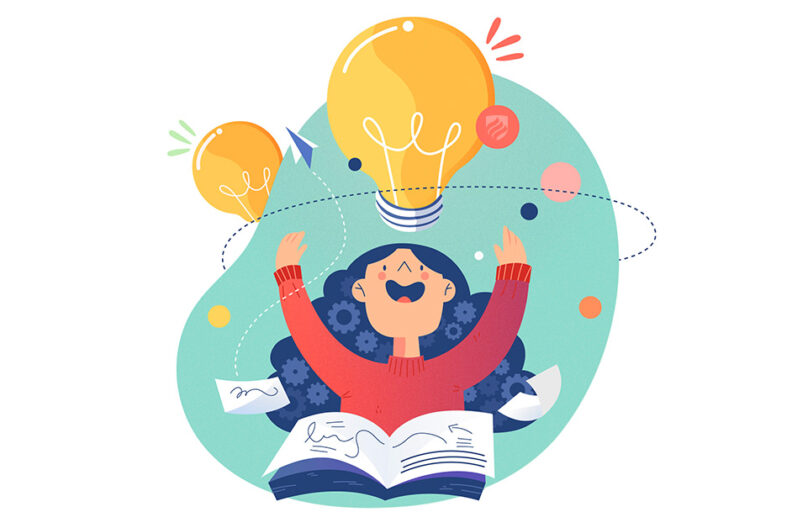
Leave a Reply